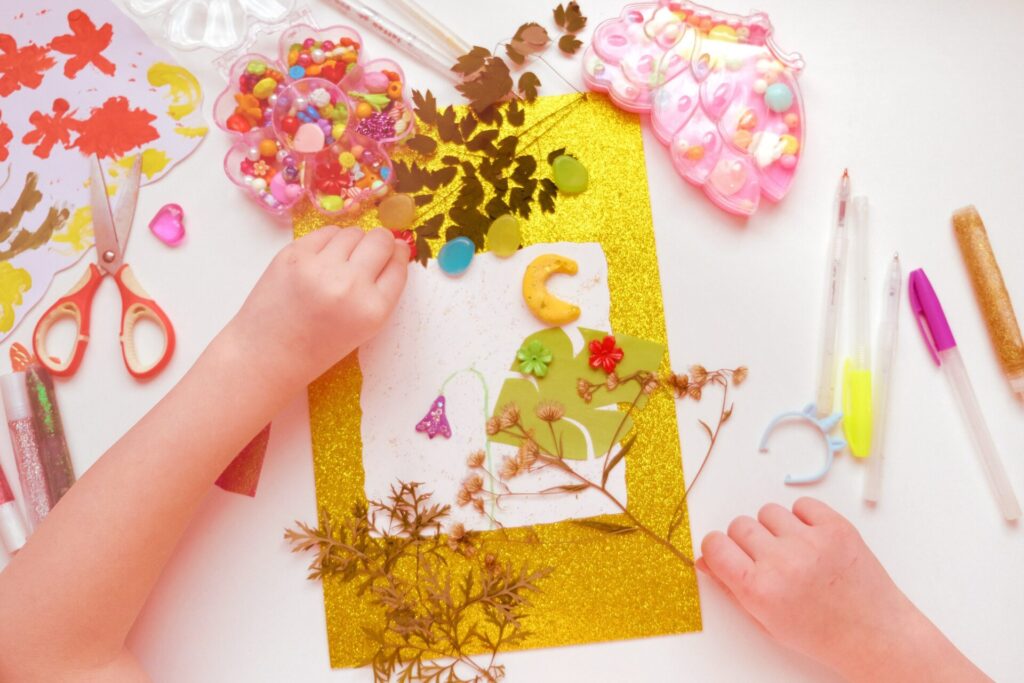Registered nurse Al Zonsius is transforming period education with The Period Academy, a program that empowers kids to understand menstruation without fear or shame. This period education for kids aims to reduce stigma and promote open conversations about menstruation for all genders.
In the no-so-distant past, menstruation with a taboo topic spoken of only in whispered tones, with the understanding that it wasn’t a subject fit for polite company. Depending on how conservative your family was, it could be something you were expected to keep hidden, automatically giving it an undercurrent of shame and embarrassment. As far as we’re concerned, that’s a heavy, pointless weight for girls and women to carry.
Over the past decade, we have seen a number of health care leaders, athletes, artists and more working to end the stigma around periods and normalize menstruation. We give these efforts a standing ovation, but we wonder — how do we help kids of all genders to understand and accept menstruation as a natural, necessary and empowering part of life? And how can parents help to reinforce this positive messaging?
Enter The Period Academy, an interactive medically accurate series of classes designed to help kids ages eight to 14 to learn about periods without fear or shame. Founded by registered nurse Al Zonsius, The Period Academy presents age-appropriate, relatable and supportive workshops (both virtual and in-person) with the aim of filling an education gap. We caught up with Nurse Al to learn more about what inspired her to start The Period Academy, what parents and kids can expect from The Period Academy’s sessions and more.
ParentsCanada: First things first—what makes you so passionate about period education for kids? What made you want to tackle this underrepresented subject in terms of health and wellness?
Al Zonsius: My passion for period education for kids comes from many directions, including my experience in women’s health where I see the huge lack of early childhood education about the female body and systems. I also have two daughters; it is my duty to educate them about their bodies in an accurate way. This is easy for me because of my experience, but maybe not for other parents. The Period Academy can help give kids the information but also give parents the tools to continue the conversation I start with them. Kids want education; they want to learn. Your period starting doesn’t have to be scary and confusing; it can be empowering.
PC: In your opinion, why do so many people think of periods as a taboo topic?
AZ: I think the taboo around periods is likely due to a long history rooted in patriarchy trying to suppress reproductive health to maintain control over the female body and its function. If males had periods since the beginning of time, I truly believe it would be completely different. Other reasons the topic is stigmatized could be cultural differences, the lack of media representation and comprehensive education for all genders. We also live in societies that imply having your period is dirty and should be hidden.
PC: How does the Period Academy help kids to understand menstruation that is different from other traditional learning methods?
AZ: It’s a multi-pronged approach to period education for kids. It begins with sessions hosted by a registered nurse with a background in women’s health. This gives parents the confidence that the information presented is medically accurate. The presentation is focused on basic anatomy, managing your period, puberty changes in the female body and self-care. These are not generally topics of discussion for kids, so we’ve worked to break each of these down, through terminology and illustrations, to be digestible for an eight-year-old. We don’t discuss reproduction or fertilization, and stick entirely to what is outside the child’s control: the onset of menstruation. The sessions are about an hour long and always are in a safe space where the kids feel comfortable asking lots of questions. The in-person sessions include hands-on learning with pads and tampons because I feel strongly that learning to use a pad well before you need to do it for real is a way to build confidence in our young kids.
PC: What type of feedback have you received about the Period Academy so far?
AZ: The feedback has been overwhelmingly positive from both kids and parents. We have even had kids return for multiple sessions because they wanted to experience it all over again. Most parents express their deepest gratitude at the end for helping to get this conversation started, and they often express how much they have also learned about themselves. What we didn’t realize would happen is the connection between parent and child during sessions. This has been an unexpected outcome for familial relationships.
PC: What is your ultimate goal for the Period Academy?
AZ: The goal of The Period Academy is to make period education as accessible as possible, and to allow all young kids, including boys, to learn about periods. This will build confidence in our young kids, reduce the stigma surrounding periods and benefit gender equality.
PC: Other than tuning into The Period Academy sessions, what advice do you have for parents who wanted to be prepared when their children start their periods? (Or all parents, really!)
Parents often ask me about what they can begin to do in order to prepare their kids for this big shift in life. I have two big pieces of advice: First, use the proper terminology for body parts such as vulva and vagina. This is an easy way to teach your kids about their bodies, and studies show that kids should learn the correct terms instead of using made-up language to educate better and empower them. The second piece of advice is to invite them into your space. If you have periods, even at a very young age, expose the kids to your period. Show them what you do, show them that the blood doesn’t hurt and that it is a normal part of your life. My kids love helping me grab a pad or tampon. This exposure to periods desensitizes it and makes it normal and part of our daily lives.
For more on The Period Academy, theperiodacademy.com.










